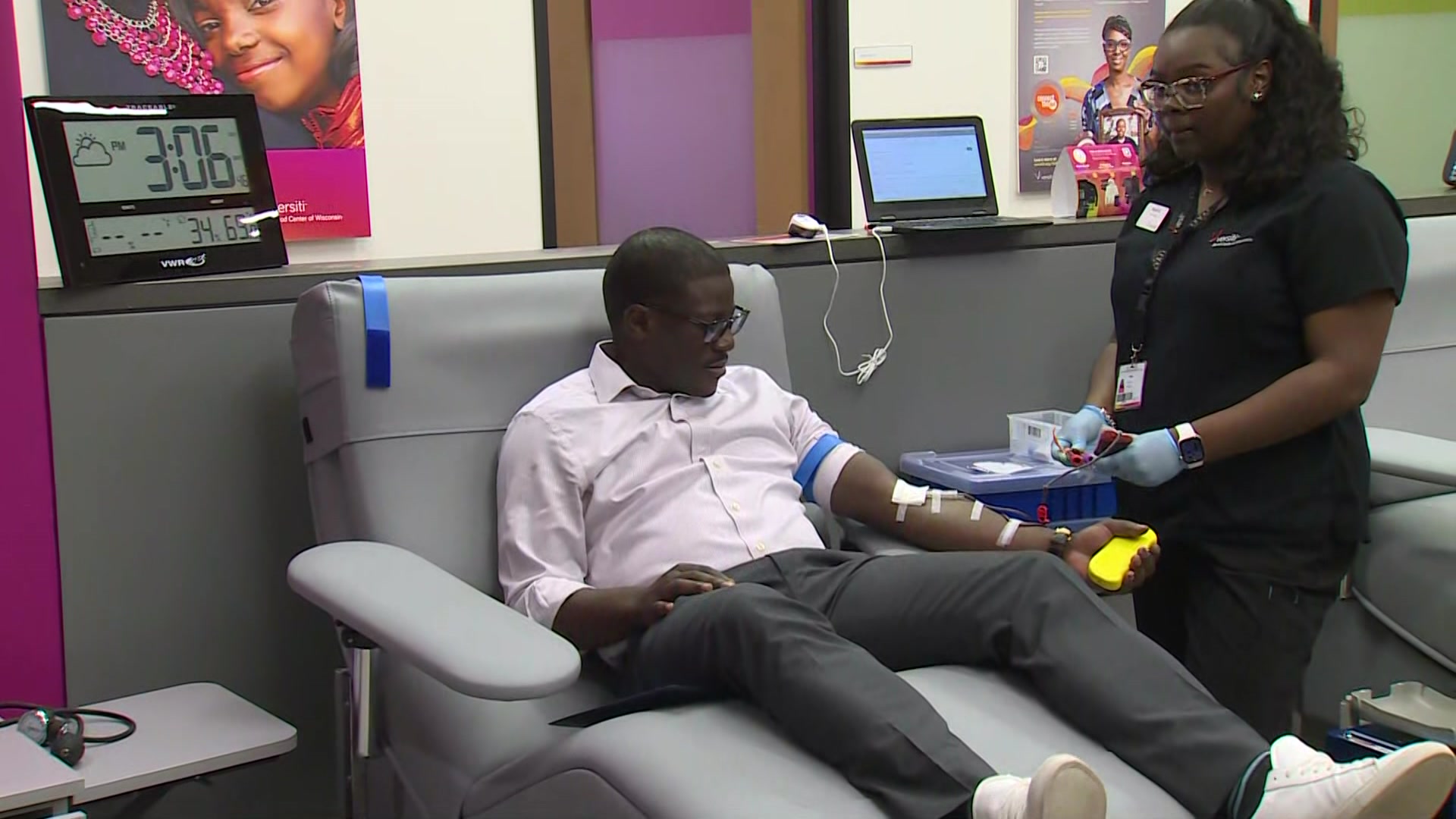Homelessness is the most glaring, visible, and unacceptable health injustice of our time. Research suggests that being homeless increases a person’s risk of death 10-fold.
When a disaster like Hurricane Helene or Hurricane Milton renders people stranded without shelter, sustenance, or safety, we (rightfully) come together to help those who are displaced. Governmental organizations such as FEMA and the National Guard deploy as many resources as possible to provide food, lodging, and other necessities. Meanwhile, Americans in communities across the country demonstrate decency, generosity, and basic goodness by helping rebuild people’s homes and lives. During these difficult times, we act like neighbors.
However, when job loss, a catastrophic health crisis, broken relationships, mental illness, or addiction force people onto the street, we often act like strangers. Few of us step up to assist. Most of us avert our eyes and shut down our empathy and emotions. Somehow this inaction is …






![How Can We Reduce the Suffering of Homelessness? [Video]](https://marketingprohub.com/wp-content/uploads/2024/12/mp_804054_0_HomelessnesstentOaklandjpg.jpg)




![School Board Candidates in Hamilton County | Local News [Video]](https://marketingprohub.com/wp-content/uploads/2024/03/mp_391284_0_65e795bd479d5previewjpg.jpg)

![People can legally bet on March Madness while in Nebraska [Video]](https://marketingprohub.com/wp-content/uploads/2024/03/mp_417166_0_65fb6819cb990previewjpg.jpg)
![KT Hammond threatens to sue Captain Smart, demands retraction and apology over alleged tribal comment [Video]](https://marketingprohub.com/wp-content/uploads/2024/12/mp_800682_0_54596567jpg.jpg)
